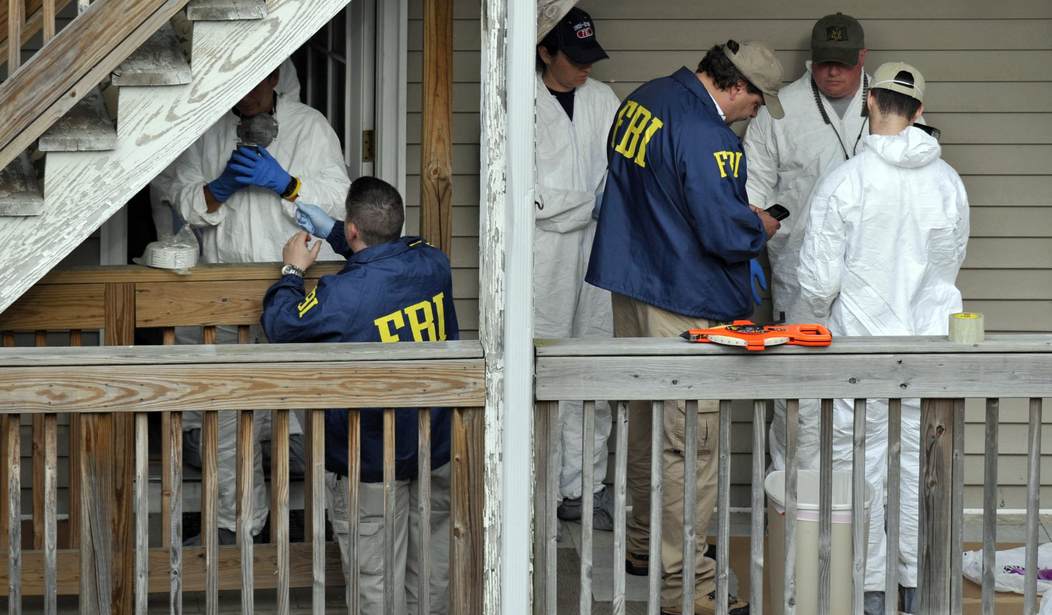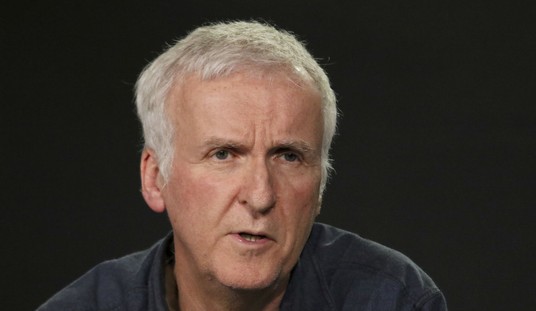WASHINGTON – It’s going to take a “newsworthy event” to jolt federal officials into forming a plan to address the releases of some of America’s longest-serving terror convicts, a former Senate counterterrorism adviser said Tuesday.
According to George Washington University’s Program on Extremism, the average prison sentence for terror-related activity is about 14.3 years. The U.S. has arrested some 500 people for terror-related plots and activities since 2001, and about 50 of those convicts have already been released from prison.
Seamus Hughes, deputy director for GW’s program and former senior counterterrorism advisor for the Senate Homeland Security and Governmental Affairs Committee, has traveled to various mosques around the country to speak with communities about combating extremism. Hughes has interviewed convicts who have left prison and turned their lives around, landing jobs and starting families. He’s also met convicts who continue to harbor extreme beliefs.
Hughes pointed to American-born extremist John Georgelas as an example of an individual for whom the federal government needs to account. Georgelas was arrested for cyber-related crimes against the American Israel Public Affairs Committee in 2006, and when he was released nearly three years later he traveled to Syria and joined ISIS. Hughes said that public policies for such individuals have not been ironed out yet.
“If (Georgelas is) not enough of a wakeup call, I’m not sure what will be,” Hughes said during a discussion at the Heritage Foundation about the Department of Homeland Security’s Countering Violent Extremism program. “I think it’s unfortunately going to have to be kind of a newsworthy event for folks to kind of take a focus on it.”
Hughes also discussed a recent interview with a convict in Boston, who now holds a job in IT and is raising a family. Public policy questions for that individual also need to be answered, he said.
“If someone has served their time, do we move on from that, or is there some level of training, is there some level of monitoring that needs to be approached in that?” Hughes asked.
Muhammad Fraser-Rahim, a former Department of Homeland Security adviser to the White House and executive director for Quilliam International in North America, went a step further and asked if the federal government should be assisting some of these individuals who are struggling to land employment, get into school and reintegrate into society.
“If he has done his time, then what are we providing for him?” Fraser-Rahim asked. “Is that our responsibility? I’m leaving that open-ended because these are real things that we are confronted with. (Some of these) individuals are American citizens, and they have to have the desire to be re-integrated back into American society. So us not providing that, what happens?”
Among notable convicts who have been released or are nearing release dates are the nine individuals involved in the Virginia jihad network case from 2000-01. That group played paintball in wooded areas of Fredericksburg as a form of training for their planned holy war. The Buffalo Six, a group Yemeni-Americans found guilty of giving material support to al-Qaeda in 2003, are also on the radar.
With DHS’s CVE program, Hughes recommended agencies move away from broad-based community engagement and move toward one-on-one intervention with young individuals who are at risk of turning extreme. Rahim agreed with Hughes, while also lobbying for stronger arts and culture efforts, saying that pop culture resonates with people. Rahim said he has seen firsthand the positive impacts of arts and culture efforts during his travels through Africa.
An arts approach to combating homegrown terrorists came under fire recently during a hearing before the House Oversight and Government Reform subcommittee on national security. Chairman Ron DeSantis (R-Fla.) criticized DHS officials for awarding $160,000, from a pool of $10 million in federal grant money, to a Massachusetts group of collaborative songwriters.









Join the conversation as a VIP Member